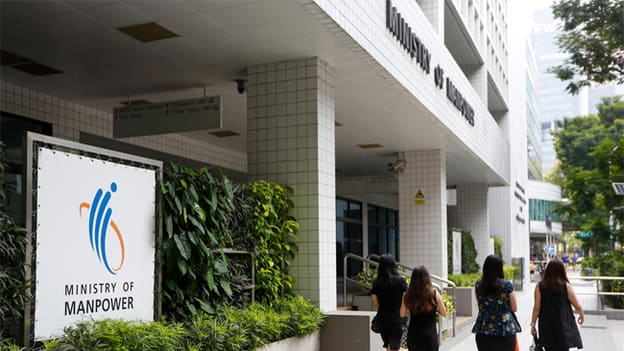Tripartite Committee, S’pore pushes for workplace fairness

According to Senior Minister of State for Manpower Koh Poh Koon, the Tripartite Committee’s recommendations for passing workplace anti-discrimination laws will be taken into consideration by the Government during the first half of 2022. This was in response to Prime Minister Lee Hsein’s intention to write Tripartite Alliance for Fair and Progressive Employment Practices (TAFEP) guidelines into the law, which would address any concerns Singaporean workers may have in regards to their treatment at the workplace. As the Tripartite comprises businesses, unions, Government and human resource representatives, their main approach is to strengthen workplace equality and ethics.
The Tripartite partners’ amicable approach led to the country’s development of the Tripartite Guidelines on Fair Employment Practices, through its efforts in education and enforcement whereby a majority of employers complied with the relevant guidelines. It was found that two-thirds of reported cases lacked evidence, with a majority of them being misunderstandings that were later elucidated. Additionally, most employers either received counselling from TAFEP or were referred to the Ministry of Manpower (MOM) if discrimination is substantiated. With this legislation, the Government can further arrange available solutions for employers and workers, and also indicate that society will condemn any discrimination in the workplace.
Senior Minister of State for Manpower, Dr. Koh said, “The tripartite partners’ approach to enhancing workplace fairness has been a successful journey. This was the right approach. Rather than rush to legislate, the tripartite partners recognised that education to cultivate the right workplace norms and values was the foremost and more fundamental task. We did not want the process to become legalistic or confrontational. It is better if disputes can be resolved amicably.”
In the last 3 years, one in seven cases of gender discrimination were reported, with nearly 30% substantiated and resolved after further investigation.
















